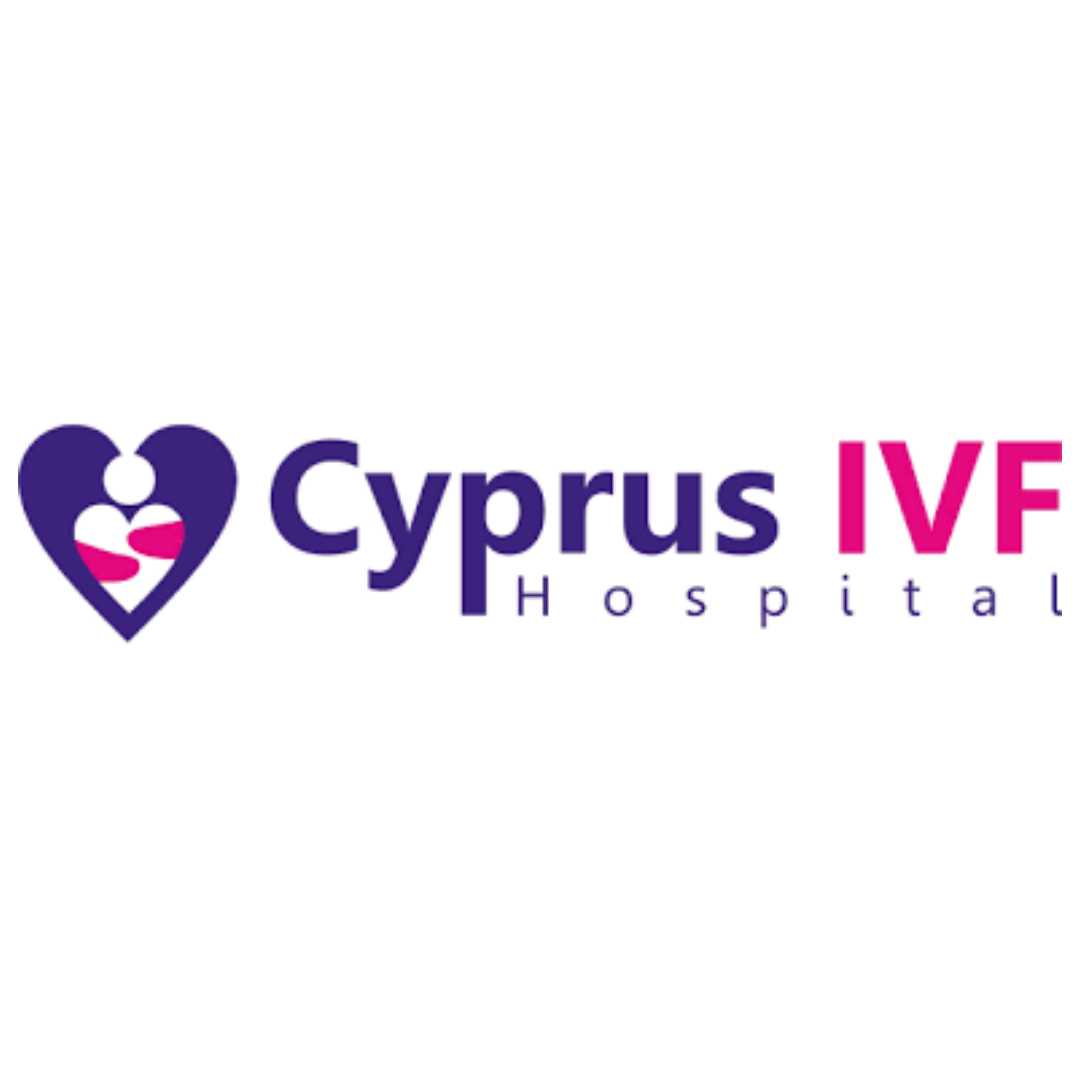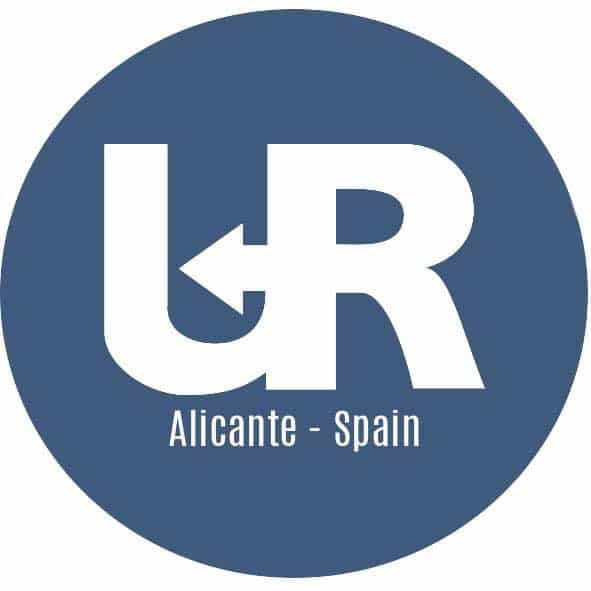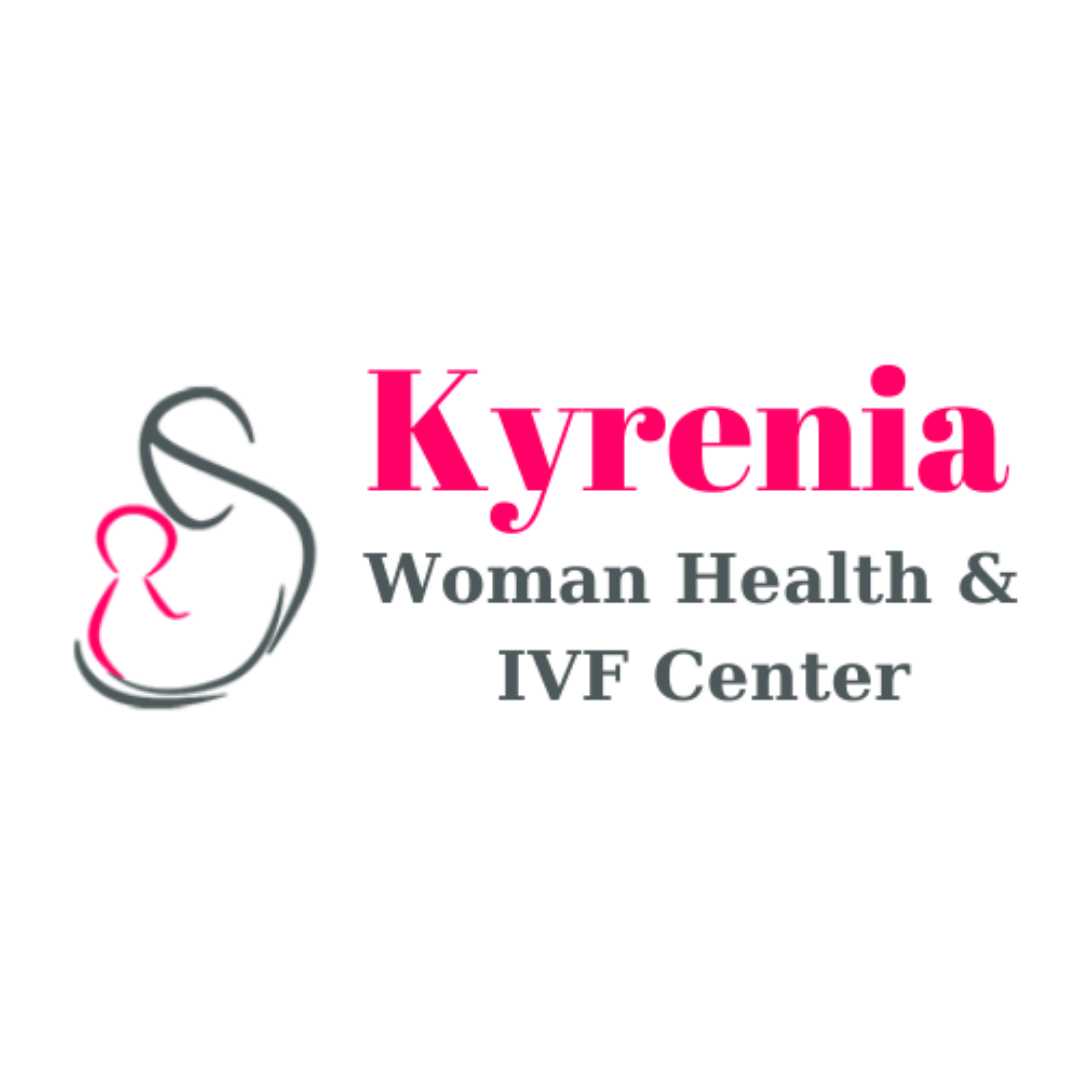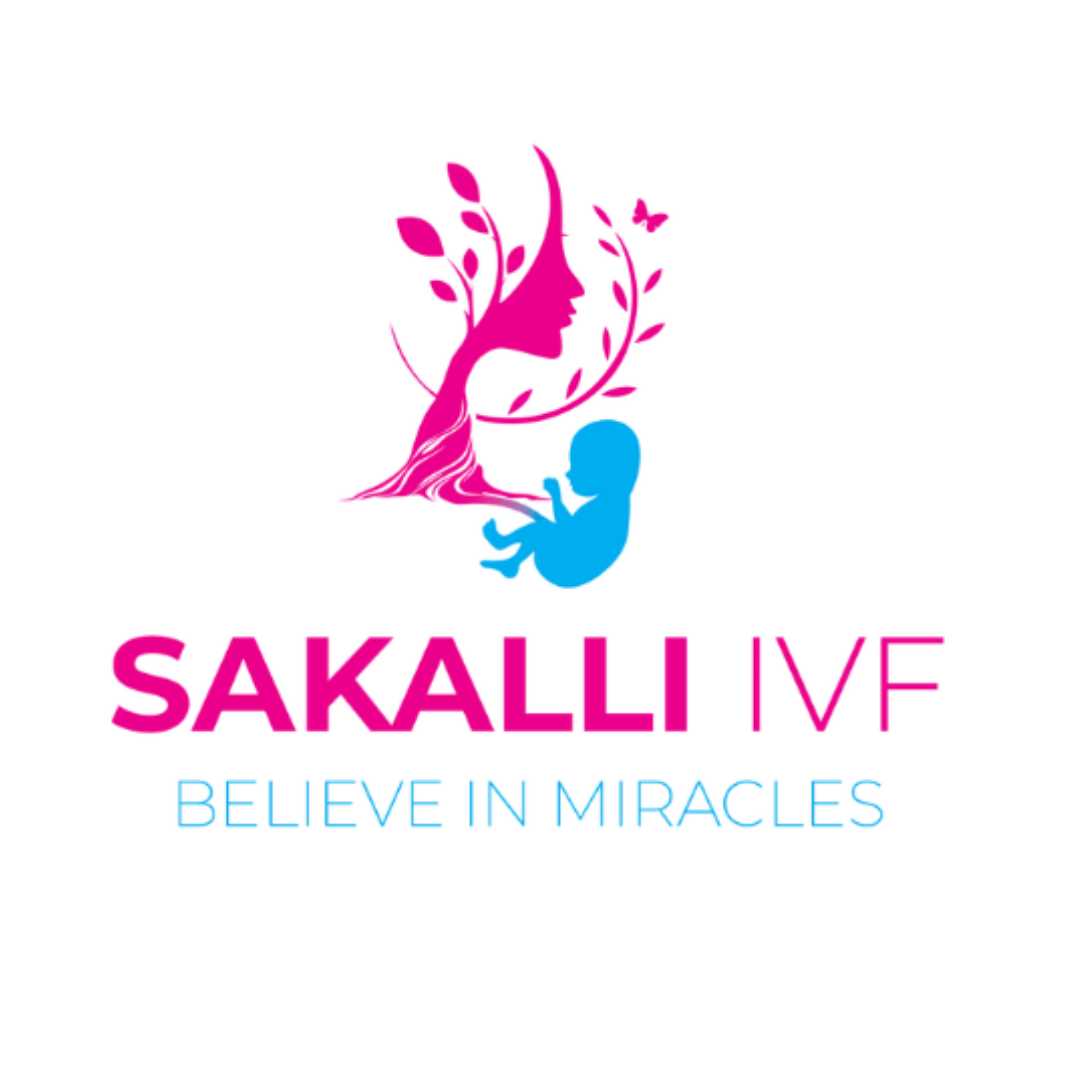.png)
Embarking on an egg donation journey is a profound decision, and choosing the right destination is paramount. Both Cyprus and Spain have emerged as leading European hubs for fertility treatments, drawing thousands of international patients annually with their advanced clinics, experienced specialists, and competitive pricing. This in-depth guide provides a crucial comparison of egg donation programs in these two popular countries, offering detailed insights into their legal frameworks, donor availability, costs, and overall patient experience, empowering you to make the most informed choice for your family-building dreams.
Navigating Your Path to Parenthood: Cyprus or Spain for Donor Egg IVF?
For hopeful parents considering IVF with donor eggs, the choice between Cyprus and Spain can seem daunting. Each country offers a unique set of advantages, catering to different patient priorities. Spain is renowned for its pioneering role in assisted reproduction, a highly regulated environment, and a vast, diverse pool of anonymous egg donors. It boasts state-of-the-art clinics, often integrated into larger medical groups, providing comprehensive care.
Cyprus, on the other hand, presents a more relaxed regulatory environment, often perceived as offering greater flexibility in donor selection and treatment protocols. It attracts patients with its competitive pricing and personalized approach, making it an appealing option for many. Understanding the core distinctions in legal aspects, donor characteristics, cost structures, and the overall patient journey is key to determining which destination aligns best with your individual needs and values for egg donation abroad.
Egg Donation in Cyprus vs. Spain: A Feature-by-Feature Comparison
Key Capabilities and Distinctive Offerings
Cyprus: Flexibility and Personalized Care in Fertility Treatment
Cyprus, particularly Northern Cyprus, has gained immense popularity for its more flexible approach to fertility treatments, especially egg donation. The country's key strengths lie in its relatively liberal legal framework, which can offer more options regarding donor selection and treatment protocols compared to some other European nations. Patients often report a highly personalized experience, with clinics offering dedicated support and a warm, inviting atmosphere.
Clinics in Cyprus are known for their competitive and often all-inclusive pricing for egg donation packages, making it a cost-effective choice for many international patients. While smaller in scale than Spanish counterparts, Cypriot clinics prioritize individual attention, ensuring comprehensive care throughout the IVF with donor eggs journey. The relaxed tourist environment also allows for a discreet and comfortable treatment experience, appealing to those seeking a less clinical setting.
Spain: Pioneering Research and Highly Regulated Excellence in Egg Donation
Spain stands as a global leader in assisted reproductive technologies, boasting a highly advanced and tightly regulated fertility sector. Its strengths are rooted in a progressive legal framework that has fostered significant research and development, leading to cutting-edge techniques and consistently high success rates for egg donation procedures. Spanish clinics are often large, multi-disciplinary centers equipped with the latest technology and staffed by internationally recognized specialists.
The country benefits from a large and ethnically diverse pool of altruistic, anonymous egg donors, ensuring minimal waiting times and good phenotypical matching. Spain's rigorous accreditation and quality control standards provide a high level of patient safety and assurance. For patients seeking a well-established, scientifically driven approach with access to a vast array of advanced complementary treatments, Spain remains a top-tier destination for IVF with donor eggs.
Egg Donation in Cyprus - Pros and Cons for International Patients
Pros of Egg Donation in Cyprus
- Cost-Effectiveness: Generally more affordable egg donation packages compared to Spain and other Western European countries, often including more services in the base price.
- Flexible Legal Framework: Particularly in Northern Cyprus, there's a more relaxed regulatory environment, which some patients find offers greater flexibility in treatment options, including certain aspects of donor selection.
- Personalized Patient Care: Many clinics offer a highly personalized approach, with dedicated patient coordinators and a focus on individual care.
- Good Donor Availability: Despite being a smaller nation, clinics have access to a good pool of diverse egg donors, often resulting in short or no waiting lists.
- Holiday Destination: The beautiful Mediterranean climate and tourist-friendly environment allow for a more relaxed treatment journey, often combined with a holiday.
- Age Limit Flexibility: Some clinics may consider treating women over 50 (up to 55) based on thorough medical assessment, offering options for older recipients.
Cons of Egg Donation in Cyprus
- Variable Regulation: The regulatory landscape can be less stringent, especially in Northern Cyprus, which might require more diligent research into clinic accreditation and quality.
- Fewer Advanced Technologies: While clinics are modern, some may not offer the same breadth of highly specialized, cutting-edge technologies and complementary treatments as larger Spanish centers.
- Smaller Clinic Infrastructure: Generally, clinics are smaller and may not have the extensive research and development infrastructure found in larger fertility networks in Spain.
- Travel Complexity: Depending on the specific region of Cyprus (North or South), travel arrangements can sometimes be more complex due to political divisions.
- Limited Legal Clarity in Some Areas: While flexible, the legal clarity on certain complex issues might be less defined compared to Spain's robust legislation.
Egg Donation in Spain - Pros and Cons for Fertility Patients
Pros of Egg Donation in Spain
- Highly Regulated & Ethical Framework: Spain boasts a comprehensive and pioneering legal framework for assisted reproduction, ensuring strict ethical guidelines and donor protection.
- Extensive & Diverse Donor Pool: Due to a culture of altruistic donation and a diverse population, Spain offers an abundant supply of anonymous egg donors with varied ethnic backgrounds and no waiting lists.
- Advanced Medical Technology & Expertise: Spanish clinics are world-renowned for their cutting-edge technology, state-of-the-art facilities, and highly experienced, internationally trained fertility specialists.
- Consistently High Success Rates: Spanish clinics report some of the highest IVF with donor eggs success rates globally, attributed to rigorous donor screening and advanced techniques.
- Established Medical Tourism Infrastructure: As a major medical tourism destination, Spain offers excellent support services for international patients, including English-speaking staff and comprehensive care packages.
- Wide Range of Complementary Treatments: Access to a full spectrum of advanced techniques like PGT-A, embryoscope, immunology screenings, and more.
Cons of Egg Donation in Spain
- Higher Costs: Generally, the base cost for egg donation in Spain can be higher than in Cyprus, and medication costs are often separate, increasing the overall expense.
- Strict Anonymity: While a pro for many, the strict anonymity laws mean recipients cannot access non-identifying information about the donor beyond basic phenotypic matching, which might not suit all patients.
- Legal Age Limit: A firm legal age limit of 50 for recipients may exclude some older patients who might find options in Cyprus.
- Potentially More Clinical Environment: Larger clinics, while efficient, might sometimes feel less personal than smaller, boutique clinics in Cyprus.
- Bureaucracy: The highly regulated environment, while ensuring quality, can sometimes involve more paperwork or a slightly less flexible approach to highly individualized treatment plans compared to Cyprus.
Understanding the Legal and Ethical Landscape of Egg Donation
Legal Aspects of Egg Donation in Cyprus
In Cyprus, the legal framework surrounding assisted reproduction is less centralized than in Spain, particularly distinguishing between Northern Cyprus and the Republic of Cyprus. Generally, egg donation is permitted and typically anonymous. In Northern Cyprus, the regulations are often seen as more lenient, allowing for greater flexibility in terms of donor criteria and sometimes even offering options not readily available in other EU countries. This can include a broader interpretation of what information can be shared about the donor, though strict anonymity usually still applies to identifying details. The legal age limit for recipients can also be more flexible, often based on medical assessment rather than strict statutory cutoffs. It's crucial for patients to understand the specific laws of the region and clinic they choose.
Legal Aspects of Egg Donation in Spain
Spain boasts one of the most comprehensive and ethical legal frameworks for assisted reproduction in Europe, established by the Law on Assisted Human Reproduction Techniques (Law 14/2006). Key aspects include strict donor anonymity – donors cannot know the recipients, and recipients (and the resulting child) cannot know the donor's identity. This law also mandates altruistic donation, meaning donors are compensated for their time and inconvenience, not for their eggs. There is a legal age limit for recipients of generally 50 years old. The law also meticulously regulates donor screening, ensuring high safety standards and preventing genetic diseases. This robust legal environment provides a strong sense of security and clarity for both donors and recipients, making Spain a very reliable choice for egg donation.
Donor Pool Diversity and Availability for IVF with Donor Eggs
The availability and diversity of egg donors are critical factors for many patients. Both Cyprus and Spain excel in providing access to healthy, young donors, ensuring short to no waiting lists, a significant advantage over many other countries where donor scarcity can cause long delays.
Cyprus Donor Profiles
Clinics in Cyprus typically source donors from various backgrounds, including local Cypriot women, as well as a significant number of donors from Eastern Europe and the UK. This provides a good degree of diversity, allowing clinics to match recipients based on physical characteristics. All donors undergo thorough medical and psychological screening to ensure their suitability and the safety of the eggs, including genetic testing for common hereditary diseases. Clinics in Cyprus often pride themselves on a personal matching service, considering not just physical traits but also educational background and interests where permissible.
Spain Donor Profiles
Spain benefits from a large and ethically robust pool of altruistic egg donors. Due to the country's diverse population, clinics can offer an exceptionally wide range of donor profiles, including Caucasian, Mediterranean, North African, South American, and other ethnic backgrounds. This makes it easier to achieve a close phenotypical match (physical resemblance) with the recipient. Spanish law mandates comprehensive screening for all donors, including medical history, infectious diseases, genetic screening (e.g., Karyotype, Fragile X, Cystic Fibrosis), and psychological evaluation. This rigorous process ensures the highest quality and safety of donor eggs, contributing to Spain's high success rates for donor egg IVF.
Success Rates and Medical Expertise: A Critical Comparison
When pursuing egg donation, success rates are a paramount concern. Both Cyprus and Spain consistently report high success rates for IVF with donor eggs, largely due to the use of young, healthy donors and advanced laboratory techniques. However, nuances in reporting and clinic size can influence the perception of these rates.
Cyprus Success Rates & Expertise
Fertility clinics in Cyprus typically achieve excellent success rates for egg donation, with clinical pregnancy rates often ranging from 50-70% per embryo transfer. These figures are competitive with leading clinics worldwide. Cypriot specialists are highly experienced, many having trained internationally in Europe and the USA. The medical teams are adept at managing complex cases and providing individualized treatment plans. While clinics may be smaller, they are equipped with modern laboratories and employ sophisticated techniques to maximize success. The focus on personalized care often means detailed attention to each patient's specific needs, which can contribute to positive outcomes.
Spain Success Rates & Expertise
Spain is renowned for its outstanding success rates in egg donation, often exceeding 55-75% clinical pregnancy rates per embryo transfer, even for patients in older age brackets (within legal limits). This is largely attributable to the rigorous selection of young, fertile donors (typically under 30), sophisticated laboratory practices, and the continuous adoption of advanced reproductive technologies driven by extensive research. Spanish fertility specialists are often at the forefront of reproductive medicine, publishing research and presenting at international conferences. The larger clinics frequently have dedicated R&D departments, ensuring that patients benefit from the very latest advancements in fertility science and an unparalleled level of medical expertise.
Real Stories from Hopeful Parents
Anna & John, UK
"After years of trying, we chose Cyprus for egg donation. The clinic staff were incredibly supportive, and the process felt so much more human and affordable than we expected. We're now celebrating the birth of our beautiful daughter! The personalized care made all the difference."
Maria & Pedro, USA
"Spain was our choice for donor egg IVF, and we couldn't be happier. The clinic in Barcelona was state-of-the-art, and the level of medical professionalism was outstanding. We appreciated the strict regulations and the wide selection of donors. Our twins are due next month!"
Sarah K., Canada
"I went to Cyprus as a single woman seeking egg donation, and the journey was seamless. The clinic made me feel comfortable and understood. The transparent pricing and dedicated team helped me achieve my dream of motherhood. Highly recommend for its compassionate approach."
Lena & Tobias, Germany
"We chose Spain for its excellent reputation in reproductive medicine and were not disappointed. The clinic was incredibly organized, and communication was perfect. The ease of finding a suitable donor and the high success rates gave us so much hope. We're now proud parents of a healthy baby boy!"
Frequently Asked Questions About Egg Donation in Cyprus and Spain
Is egg donation legal in both Cyprus and Spain?
Yes, egg donation is legal in both Cyprus and Spain. However, there are significant differences in their legal frameworks, particularly concerning donor anonymity and the selection process. Spain has a highly regulated system under national law, while Cyprus (especially Northern Cyprus) offers a more flexible approach, though practices vary between clinics.
What are the main differences in donor anonymity between Cyprus and Spain?
In Cyprus, egg donation is typically anonymous, meaning donors and recipients do not know each other's identities. In Spain, egg donation is also strictly anonymous by law, ensuring the recipient and resulting child cannot know the donor's identity. Spanish law allows for limited non-identifying information to be shared for medical reasons, but personal identification is prohibited. Both countries prioritize donor privacy and the welfare of the child.
How do the costs of egg donation compare between Cyprus and Spain?
Generally, egg donation in Cyprus can be slightly more affordable than in Spain, with base packages typically ranging from €5,000 - €8,000, often including more services upfront. In Spain, base costs usually start from €6,000 and can go up to €9,500 or more, often excluding medication, PGT-A, or other advanced add-ons. The total cost will depend on the clinic, specific services included, and individual medical needs. Always request a detailed quote.
What are the success rates for egg donation in Cyprus and Spain?
Both countries boast excellent success rates for egg donation, often comparable to top clinics globally. Success rates are generally high due to the use of young, healthy donors. While individual clinic rates vary, average clinical pregnancy rates per embryo transfer often range from 50-70% for fresh donor egg cycles in Cyprus and 55-75% in Spain. It's vital to ask clinics for their specific, audited success rates relevant to your age group and specific case.
What is the typical waiting time for an egg donor in Cyprus and Spain?
Both Cyprus and Spain generally have short or no waiting lists for egg donors due to robust donor pools. In Cyprus, clinics might rely on a blend of local and international donors. Spain, with its larger and more diverse population, often has a very good supply of local donors. Most reputable clinics in both countries can match you with a donor relatively quickly, usually within a few weeks, allowing you to commence treatment promptly.
Are there specific age limits for recipients in these countries?
In Spain, the legal age limit for fertility treatment, including egg donation, is generally up to 50 years for the recipient. In Cyprus, while there isn't a strict, universal legal upper age limit, most reputable clinics have an internal policy, typically treating women up to 50-55 years of age, often on a case-by-case basis after a comprehensive medical assessment to ensure health and suitability for pregnancy.
What kind of donor profiles are available in Cyprus and Spain?
Both countries aim to match donors based on physical characteristics (phenotype) with the recipient. Spanish clinics, due to the country's diverse population, can often offer a very wide range of ethnic backgrounds. Cypriot clinics also offer diverse donor profiles, often including donors from Eastern Europe and the UK, in addition to local donors. All donors in both countries undergo rigorous medical and psychological screening and genetic testing.
Do I need to speak the local language (Greek/Spanish)?
While knowing some basic Greek or Spanish is always helpful for travel and local immersion, it is not a necessity for treatment at top international fertility clinics in either country. These clinics are well-equipped to serve international patients and will have English-speaking doctors, nurses, and dedicated patient coordinators to assist you through every step of your journey.
What about travel and accommodation during treatment?
Both destinations are popular tourist spots with well-developed infrastructure for international visitors. Spain offers excellent flight connections to major cities and a vast range of accommodation options. Cyprus, an island nation, also has good connectivity, especially with Europe, and various tourist-friendly resorts and apartments. Clinics often assist with travel and accommodation recommendations or can provide packages that include these aspects.
How does PlacidWay assist with egg donation in Cyprus or Spain?
PlacidWay specializes in connecting intended parents like you with world-class, pre-vetted fertility clinics in Cyprus, Spain, and other leading destinations. We provide free, no-obligation consultations to help you compare personalized treatment packages, understand transparent pricing, and answer all your specific questions. Our dedicated Care Team handles the complexities of planning and logistics, allowing you to focus solely on your path to parenthood.
Ready to Take the Next Step on Your Fertility Journey with Donor Eggs?
Making the right choice for your egg donation treatment is a deeply personal and significant decision. While this comprehensive guide provides a strong foundation for understanding the options between Cyprus and Spain, your journey is unique. At PlacidWay, we are committed to providing unbiased information and connecting you with the best fertility solutions globally.
Let our dedicated Care Team provide a free, no-obligation consultation to help you explore personalized treatment packages, understand transparent pricing, and get all your specific questions answered. We help navigate the complexities of international fertility treatment, so you can focus on what truly matters: building your family.



.png)



.png)
.png)
.png)
.png)
.png)






Share this listing